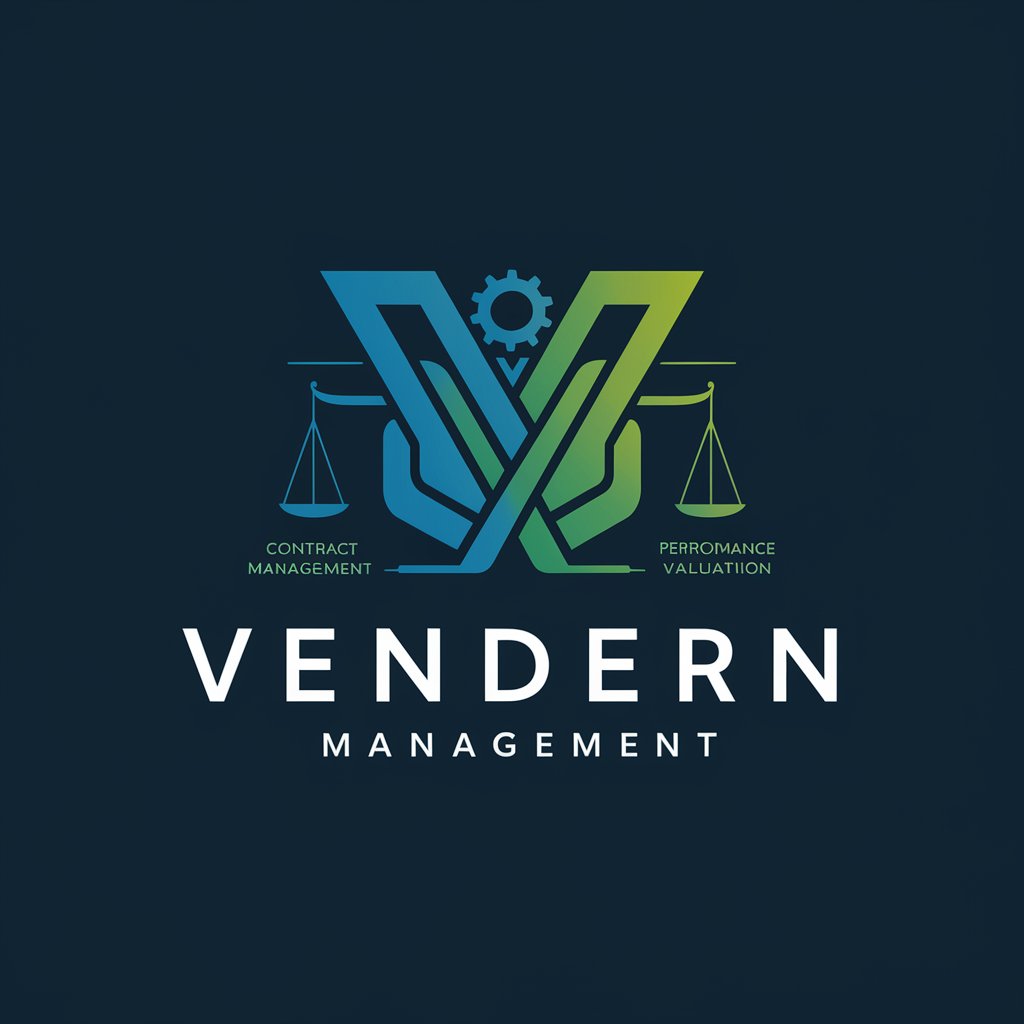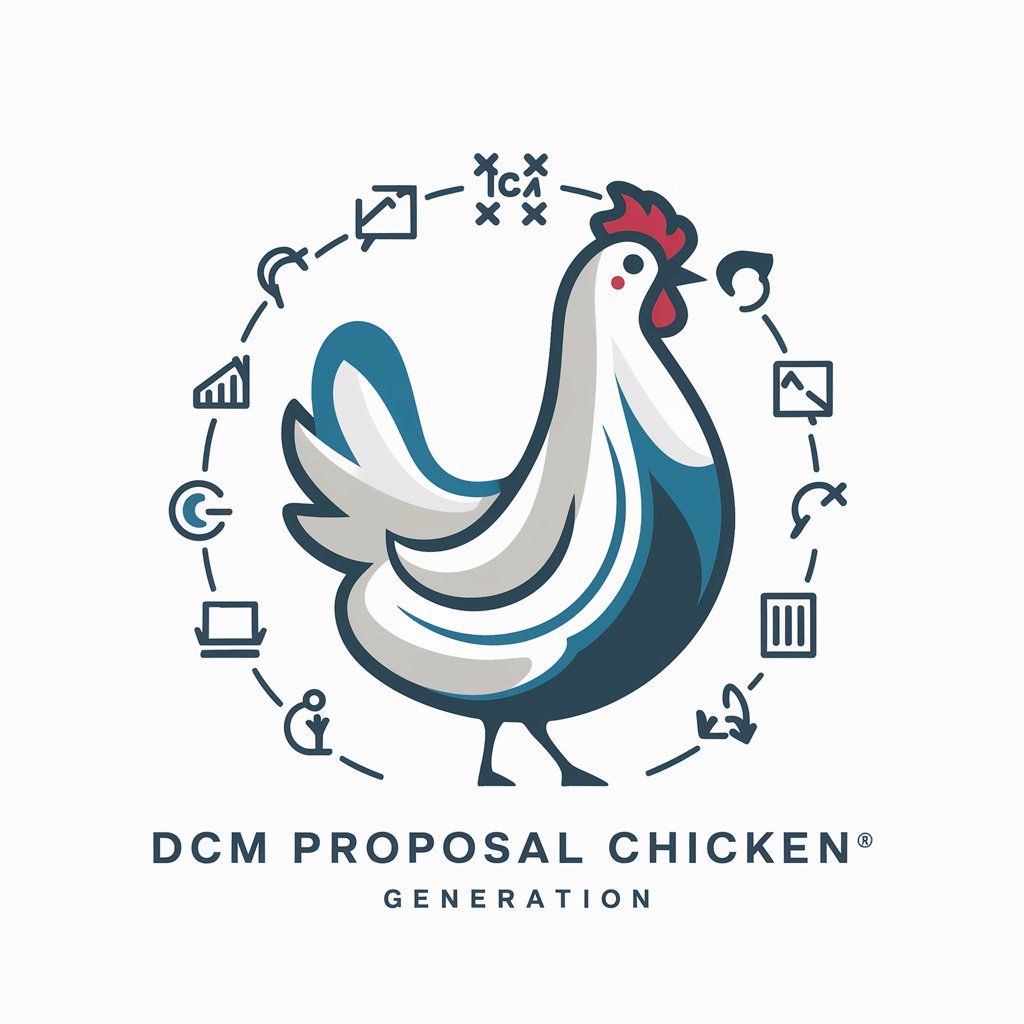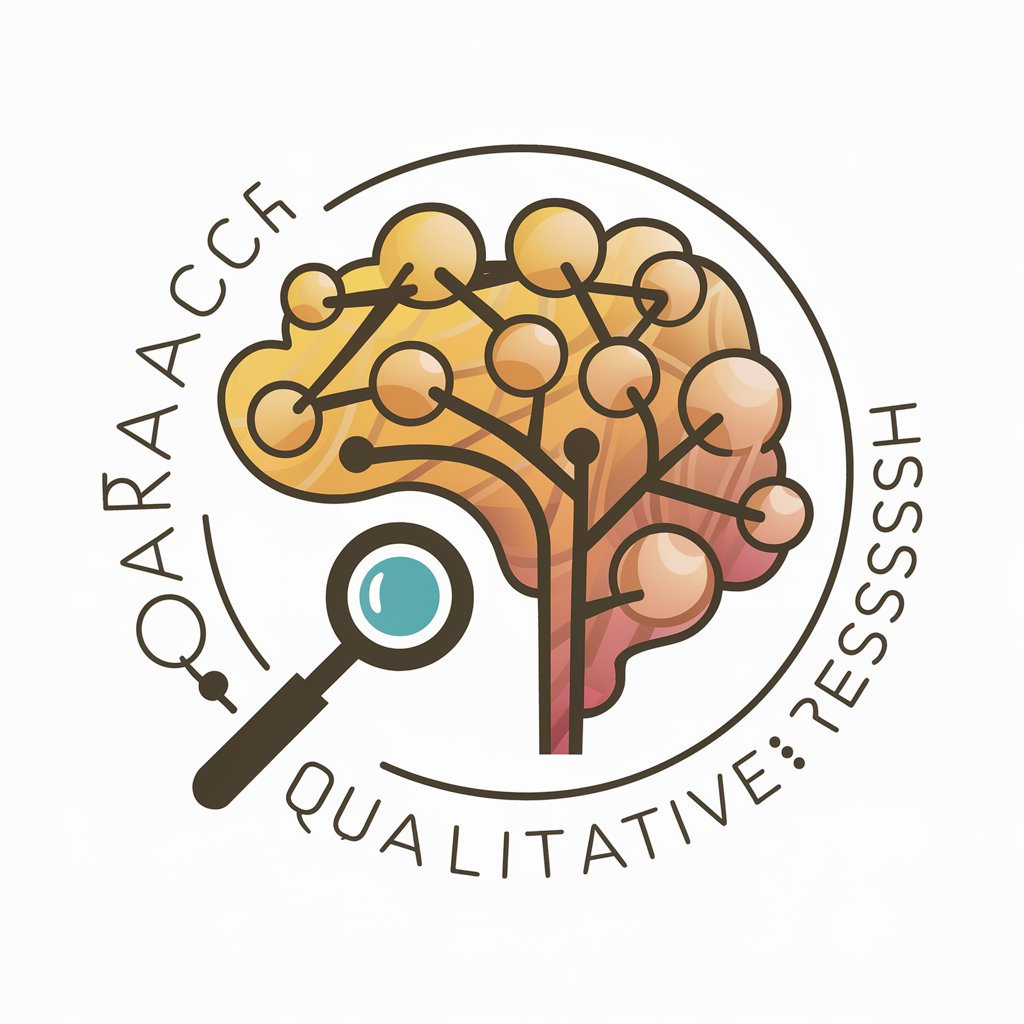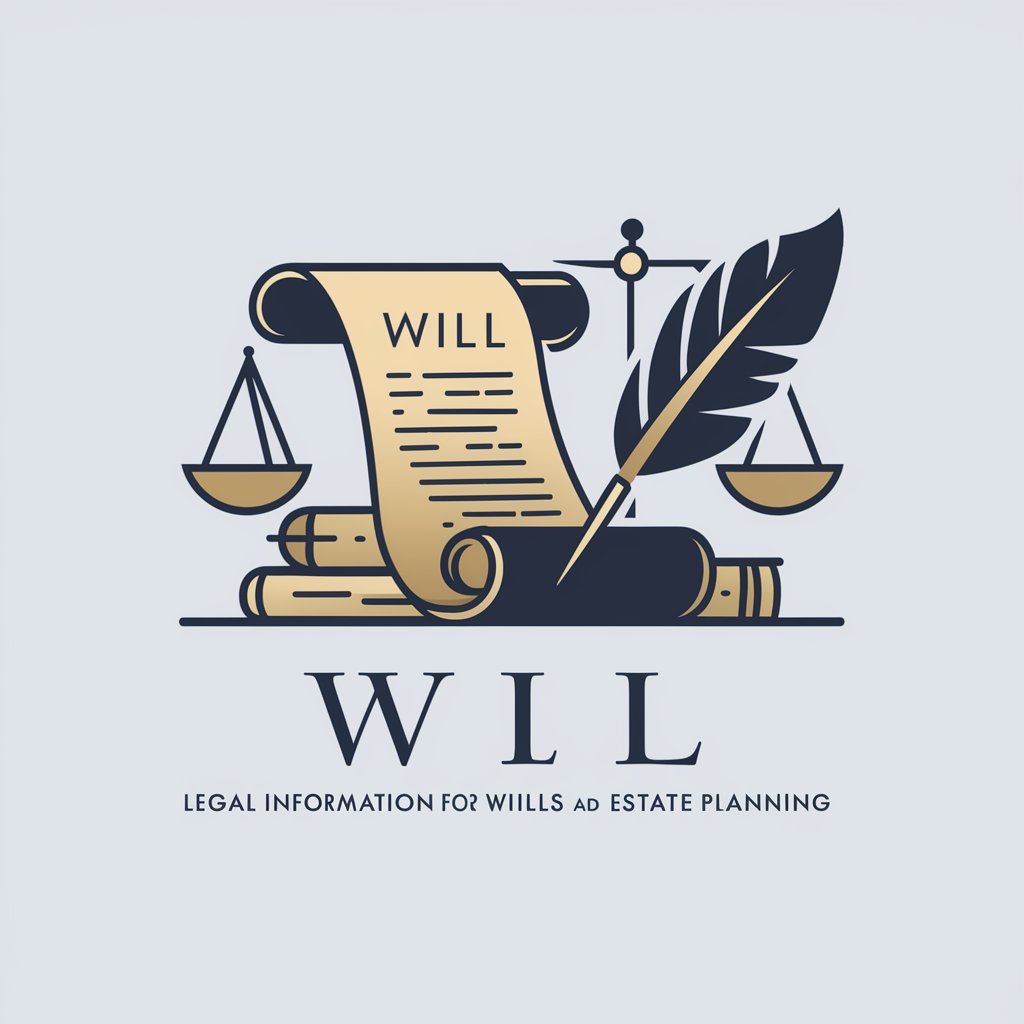Vendor Management - Vendor Management Tool

Welcome! How can I assist you with vendor management today?
Optimize your vendor relationships with AI
How can I improve vendor selection processes?
What are best practices for negotiating with vendors?
How should I evaluate vendor performance?
What key elements should be included in a vendor contract?
Get Embed Code
Introduction to Vendor Management
Vendor Management is a strategic process used by organizations to control costs, drive service excellence, and mitigate risks to gain increased value from their vendors throughout the deal lifecycle. It encompasses everything from selecting the right vendor, negotiating contracts, managing relationships, ensuring compliance with agreements, to evaluating performance. A crucial aspect is the alignment of business objectives with vendor capabilities to ensure mutual success. For example, a company might use vendor management techniques to oversee a software development firm it has contracted. This would involve regular performance assessments, adherence to agreed-upon milestones, and ensuring the software developed meets the specified requirements and quality standards. Another scenario could involve a retail business managing its relationships with multiple suppliers to ensure products are delivered on time, meet quality standards, and are procured at the best possible price, leveraging volume discounts and negotiating favorable payment terms. Powered by ChatGPT-4o。

Main Functions of Vendor Management
Vendor Selection
Example
A company needing to upgrade its IT infrastructure may use vendor management principles to identify, evaluate, and select a technology provider. Criteria such as technological expertise, financial stability, and customer service are assessed to choose the most suitable vendor.
Scenario
The selection process involves sending out Requests for Proposals (RFPs), evaluating responses, and conducting due diligence to ensure the chosen vendor can meet the company's specific needs and budget.
Contract Negotiation and Management
Example
After selecting a software vendor, a business enters into contract negotiations to outline terms, such as scope of work, deliverables, timelines, and payment schedules. Vendor management strategies are employed to ensure the contract reflects the company's interests and protects against potential risks.
Scenario
Negotiations include discussions on price, service levels, and penalties for non-compliance. The goal is to arrive at a mutually beneficial agreement that ensures clarity and accountability on both sides.
Performance Evaluation
Example
Regular assessment of a vendor's performance against predefined metrics and KPIs, such as delivery times, quality of goods, and responsiveness to issues.
Scenario
A retail chain evaluates its logistics provider by monitoring delivery punctuality, accuracy of shipments, and the condition of goods upon arrival. Performance reviews help in identifying areas for improvement and ensuring contractual compliance.
Relationship Management
Example
Maintaining a positive and productive relationship with vendors through regular communication, collaboration on initiatives, and addressing issues proactively.
Scenario
A manufacturing firm holds quarterly business review meetings with its key suppliers to discuss performance, upcoming projects, and strategies to overcome challenges. This fosters a partnership approach rather than a transactional relationship.
Risk Management
Example
Identifying, assessing, and mitigating risks associated with vendor relationships, such as supply chain disruptions, non-compliance with regulatory requirements, or financial instability of a vendor.
Scenario
A pharmaceutical company conducts regular audits of its suppliers to ensure compliance with health and safety regulations, reducing the risk of regulatory fines and product recalls.
Ideal Users of Vendor Management Services
Large Enterprises
Organizations with complex supply chains and multiple vendor relationships benefit from structured vendor management to streamline operations, ensure quality, and optimize costs. The strategic oversight helps in maintaining a competitive edge by enhancing operational efficiency and ensuring supply chain resilience.
Small to Medium-Sized Enterprises (SMEs)
SMEs, while having fewer resources than larger enterprises, still require effective vendor management to negotiate better terms, manage costs, and minimize risks. Vendor management can help these businesses to leverage their vendor relationships strategically, ensuring they receive the best value and service despite their smaller scale.
Public Sector Organizations
Government agencies and public institutions often deal with numerous vendors for various services and supplies. Effective vendor management ensures transparency, accountability, and value for taxpayers' money by adhering to procurement regulations and achieving strategic goals.
Technology Companies
Tech companies, especially those in fast-paced sectors like software, hardware, and internet services, rely on a plethora of vendors for everything from software development to cloud services. Vendor management helps these companies to ensure that their vendors are meeting stringent performance criteria, thereby supporting continuous innovation and service excellence.

How to Utilize Vendor Management Effectively
Begin Your Journey
Start by exploring yeschat.ai for an introductory trial, granting access without the need for a login or ChatGPT Plus subscription.
Identify Your Needs
Clearly define what you expect from vendors. Consider factors like quality, cost, delivery times, and after-sales support. This clarity helps in selecting the right vendors and setting the foundation for a successful partnership.
Evaluate and Select Vendors
Conduct thorough research and evaluations. Compare vendors based on your criteria, including reliability, cost-effectiveness, and market reputation. Utilize tools and frameworks like RFPs (Request for Proposal) for structured evaluation.
Negotiate Contracts
Engage in strategic negotiations to finalize contracts. Focus on key aspects such as pricing, delivery schedules, and service level agreements (SLAs), ensuring they align with your business objectives.
Monitor and Manage Performance
Implement a system for ongoing vendor performance evaluation. Use metrics and KPIs to assess compliance with SLAs, quality standards, and overall service delivery, facilitating continuous improvement.
Try other advanced and practical GPTs
ResumeBot
Elevate Your Resume with AI Precision

Real Estate Script Writer
Craft Persuasive Real Estate Scripts with AI

DCM Proposal Generator
Tailor Your Pitch with AI Power

Qualitative Research
Unveil human insights with AI-powered research

Hip Hop Cartoon Creator
Craft Your Hip-Hop Art with AI

Will
Streamlining Estate Planning with AI

Book Buddy
Empowering Your Publishing Journey

Content Whiz for Wizz Life
Craft Your Dream Smile with AI

Texas Real Estate Study Buddy
Ace the Texas real estate exam with AI.

Información de Correos Ademass
Elevate Your Email Game with AI

Low Carb
Empowering Your Low-Carb Lifestyle with AI

Prius C Helper
AI-powered Toyota Prius C Support

Vendor Management: Detailed Q&A
What is Vendor Management?
Vendor Management involves overseeing and managing relationships with third-party suppliers of goods and services. This includes selecting the right vendors, negotiating contracts, ensuring compliance with agreements, and evaluating performance to drive value and mitigate risks.
How can I improve my vendor selection process?
Improve your vendor selection process by defining clear selection criteria, conducting thorough market research, leveraging RFPs for comprehensive evaluations, and involving cross-functional teams in the decision-making process to ensure diverse perspectives.
What are the key components of effective vendor negotiations?
Effective vendor negotiations focus on achieving win-win outcomes. Key components include thorough preparation, understanding the vendor's needs, clear communication of your requirements, flexibility in approach, and focusing on long-term relationship building rather than short-term gains.
How do I manage vendor performance?
Manage vendor performance by setting clear KPIs and metrics that align with your business goals. Regularly review performance data, provide feedback, and work collaboratively with vendors to address issues and identify areas for improvement.
Can technology enhance Vendor Management?
Yes, technology plays a crucial role in enhancing Vendor Management through tools and platforms that facilitate vendor selection, contract management, performance monitoring, and communication, enabling more efficient and effective vendor relationships.
